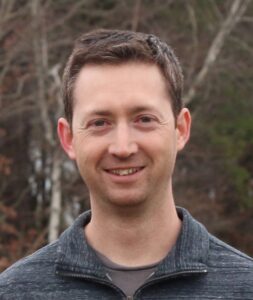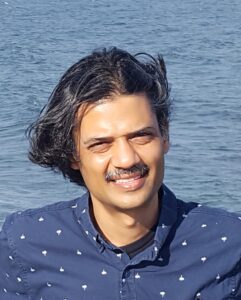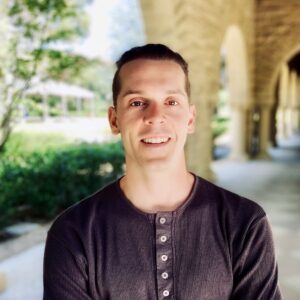Transforming trash: strategies to develop waste into a feedstock for a circular bioeconomy
Publication Date: February 2024 | Originally published in Biofuels, Bioproducts and Biorefining.
A strategy to develop agriculture and food production waste into biomanufacturing feedstocks that leverages existing, local waste streams; engineering biology; broad stakeholder collaboration; and federal coordination.
Citation: Ni, C. and Friedman, D.C. (2024), Transforming trash: strategies to develop waste into a feedstock for a circular bioeconomy. Biofuels, Bioprod. Bioref. https://doi.org/10.1002/bbb.2586
View Publication
Keywords: engineering biology, synthetic biology, industrial biotechnology, agriculture, food, environment, energy, biotechnology, bioeconomy, climate, sustainability, mitigation, adaptation, resilience, materials, transportation, greenhouse gases, pollution, conservation.
The following publications are intended for personal use. All persons reproducing, redistributing, or making commercial use of this information are expected to adhere to the terms and conditions as asserted by the copyright holder. Transmission or reproduction of protected items beyond that are allowed by fair use as defined in the copyright laws requires the written permission of the copyright owners.



